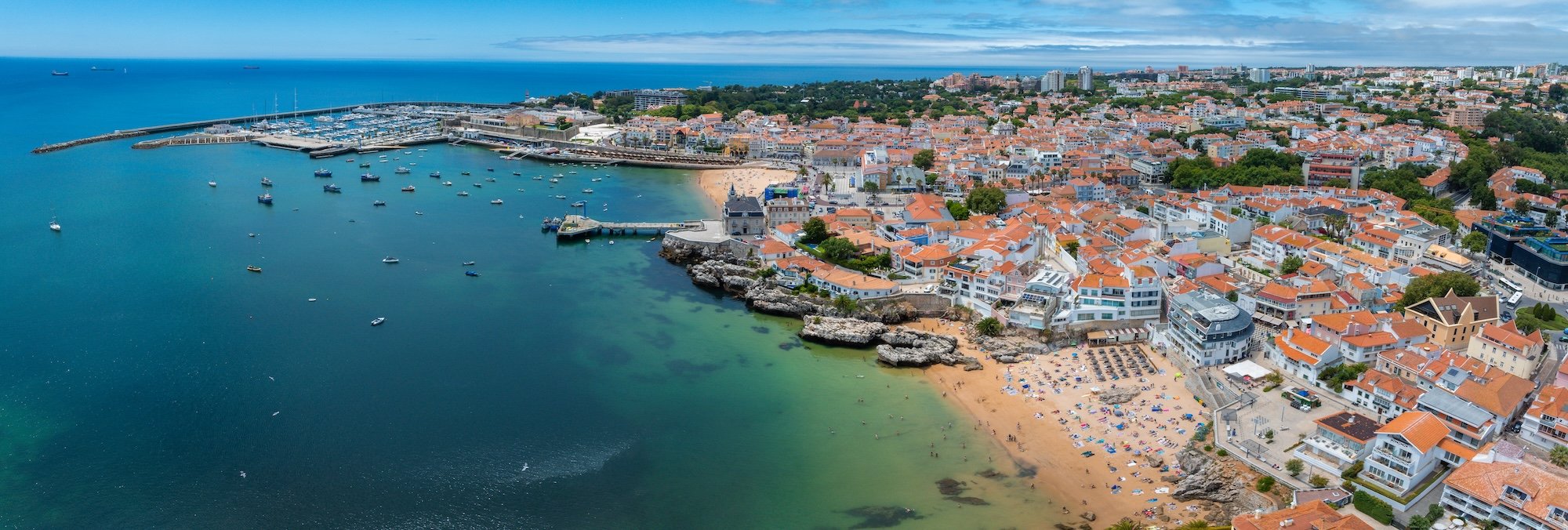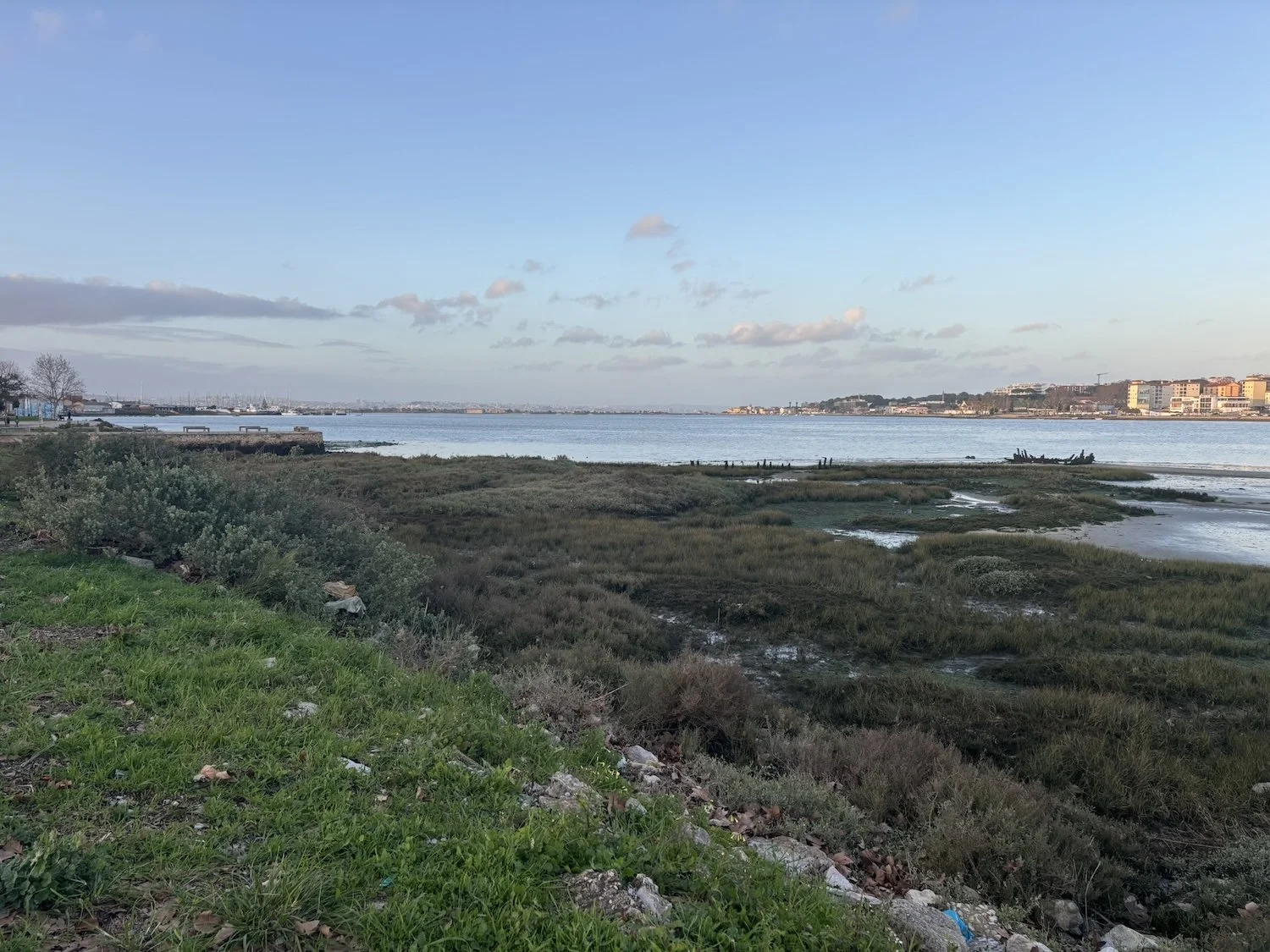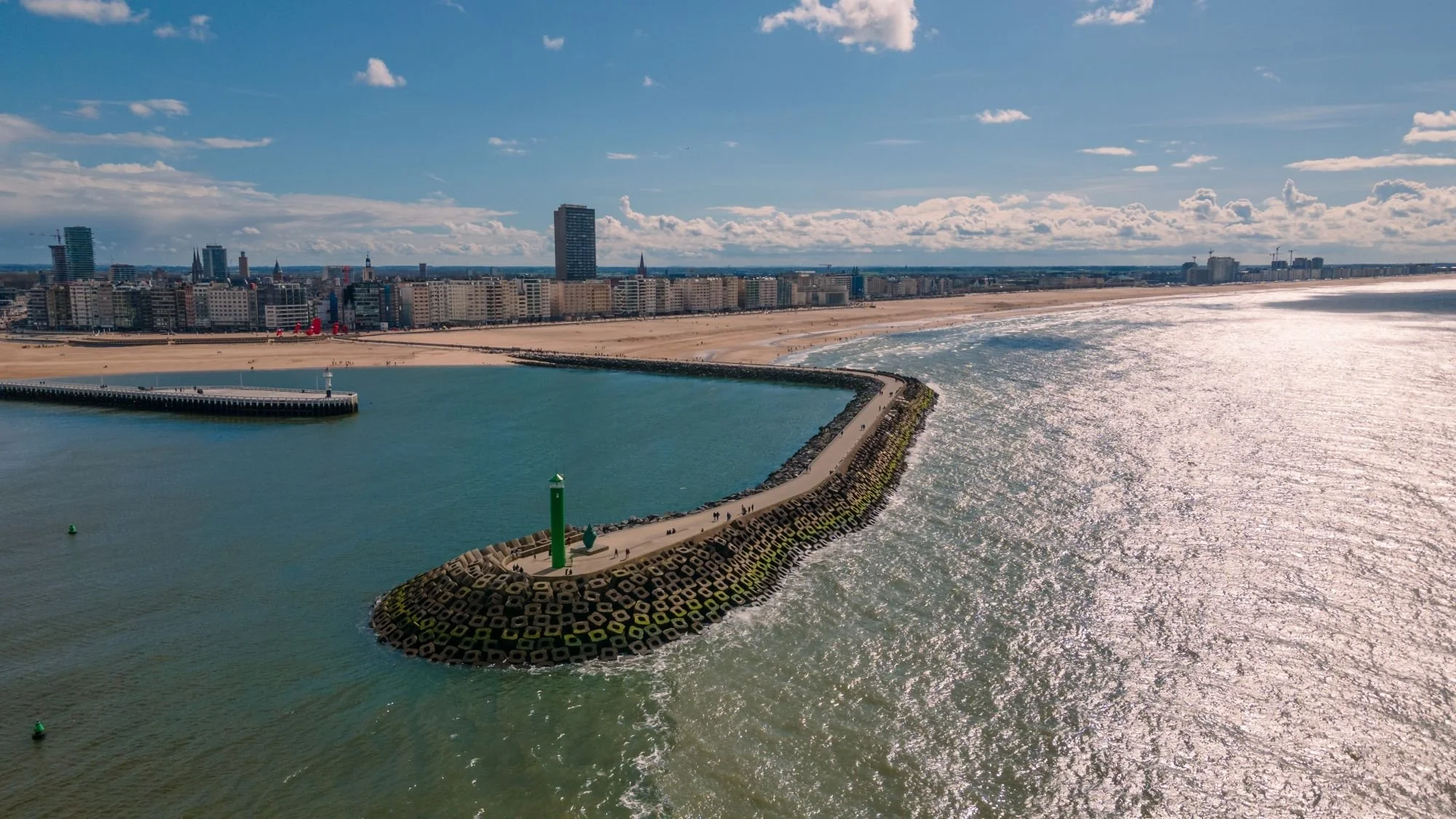
Lisbon Metropolitan Area
Demonstration pilot | Replication pilot
The Lisbon Metropolitan Area is a highly urbanised region made up of 18 municipalities, including Portugal’s capital Lisbon. Urban areas are mainly concentrated around the capital and the Tagus Estuary, but are complemented by a mosaic of agricultural, natural and semi-natural landscapes.
The climate challenges facing Lisbon Metropolitan Region are primarily caused by its proximity to the Atlantic coast and dense urbanisation. To adapt to increasing climate risks, the region has adopted the Lisbon Metropolitan Climate Change Plan, and some municipalities have started to implement nature-based solutions.
However, implementing solutions in waterfront areas is complicated by increased economic activity and urban development pressure. To overcome this challenge, the Lisbon Climate Adaptation Lab will be testing and developing retreat and greening strategies to build climate resilience.
Lisbon Climate Adaptation Lab at a glance
Landscape
Climate challenges
Potential solutions and tools
Sectors involved
Urban waterfronts
Flash floods, heat waves, coastal erosion, sea level rise
Retreat strategies, greening strategies, GIS-based spatial modelling
Housing, tourism
Climate challenges facing the Lisbon Metropolitan Area
Like many coastal regions in Europe, the Lisbon Metropolitan Area is becoming increasingly vulnerable to climate risks such as:
Flash floods
Heat waves
Coastal erosion
Sea level rise
This is causing problems for both natural landscapes, where wetlands and marshes are degrading and local biodiversity is in decline, as well as for urban areas, where the urban heat island effect is worsening and densely populated waterfront communities are highly vulnerable to climate change.
As a result, to build climate resilience in the Lisbon Metropolitan Area, there is a need for greater understanding of integrated water management, health effects of heatwaves and how to adapt coastal areas and estuary shores to sea level rise.
What are the potential climate adaptation solutions?
Existing climate adaptation strategies and interventions in the Lisbon Metropolitan Area have proven difficult to implement in urban waterfront areas, despite these being some of the most vulnerable areas to climate change.
Consequently, in the Lisbon Climate Adaptation Lab, adaptation solutions will focus specifically on urban waterfronts, with a strong emphasis on nature-based solutions. The solutions will be structured around two main categories - retreat strategies and greening strategies, although both are interlinked.
will consider future-oriented scenarios for the relocation of vulnerable populations, buildings, and infrastructure from areas most exposed to sea-level rise and flooding. These strategies will be implemented within an integrated and scalable framework, linking governance and public policies to regional and municipal planning, as well as informing regulatory and legal frameworks.
Retreat strategies
Greening strategies
will aim to adapt existing or vacated waterfront areas through ecological restoration and the implementation of green infrastructure. Nature-based solutions will play a central role in this transformation by enhancing ecological resilience, restoring biodiversity, improving flood management, and generating co-benefits such as carbon sequestration, thermal regulation and improved public health.
These strategies will be supported by the use of GIS-based spatial modelling and simulation. These tools will support evidence-based decision-making, enabling the visualisation of climate risks, the testing of adaptive scenarios, and the strategic planning of relocation and greening interventions over time.
Partners
Further reading
-
The Lisbon Metropolitan Climate Change Adaptation Plan aims to integrate climate change adaptation into inter-municipal and municipal planning, and to create a culture of cooperation across the region's various socio-economic sectors and actors, capable of strengthening territorial resilience throughout the territory.
-
Lisbon Metropolitan Area weather monitoring and warning network
-
A geovisualisation platform for the Lisbon Metropolitan Area Climate Change Adaptation Plan
Related Climate Adaptation Labs
The Lisbon Climate Adaptation Lab is working closely with other regions facing similar challenges related to sea-level rise, flooding and the transformation of urban waterfronts.








